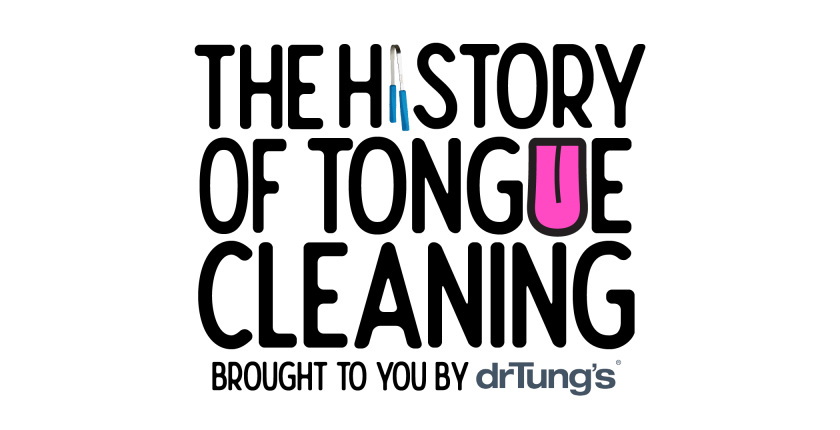The tongue is one of the most unique organs in the body. Although actually a muscle, it holds a special place among sensory organs. It’s the organ of taste, is very sensitive to touch, and promotes speech. The tongue, by governing what comes out of the mouth (speech) and what goes in (food), can be considered a gatekeeper of utmost importance. Have you ever eaten something that unknowingly was rotten inside and when you tasted it, instinctively spat it out? That’s the tongue’s taste buds doing part of their job of screening what shouldn’t go into the body.
With all its remarkable qualities, one would expect us to respect the tongue a little more. Most of us exercise the tongue daily (by talking!) but how many average Westerners pay any attention to its hygiene? We floss the teeth, clean our ears and wash the body. But what do the majority of people do to keep the tongue clean?
Tongue Cleaner Science
The tongue is quite large, filling as much as one-third of the oral cavity. Unlike its lower surface, the large upper surface is a mountainous region of papillae peaks and valleys. This top (dorsal) surface becomes a home for plaque, bacteria, dead skin cells (which it sheds), and bits of old food. When bacteria cause these compounds to degrade, they break down into volatile sulfur compounds, which cause a bad smell. Dr. David Doi, a halitosis expert and holistic dental practitioner is a firm believer in mechanically cleaning the tongue with a tongue scraper and reckons that about 80% of halitosis problems originate in the mouth and can be helped with good oral hygiene.
Tongue Cleaner History
Records show that Asian societies have, for centuries, put a lot of attention on tongue hygiene. For example, Ayurvedic texts list tongue cleaning as an important part of the daily routine. People in Africa, Arabia and South America have also practiced tongue cleaning since antiquity.

Even in the west it has some tradition, albeit it in limited times and places. From artifacts we know that around 100AD Romans cleaned their tongues with iron tongue scrapers. And the wealthier classes of 18th and 19th century Europe also placed some emphasis on tongue hygiene, as witnessed by ornamented and silver tongue scrapers from that period.
The following quote is from Charak Samhita, one of Ayurveda’s most important textbooks: “The dirt (bacteria) which is collected at the root of the tongue creates obstruction in respiration and produces a foul smell – hence one should scrape one’s tongue”.
DrTung’s is proud to have been at the forefront of spreading the art of tongue cleaning in the west, when about 20 years ago we launched the first commercially available stainless steel tongue cleaner to the US health industry. So clean up your tongue with DrTung’s tongue cleaner and give your whole mouth something to smile about!


